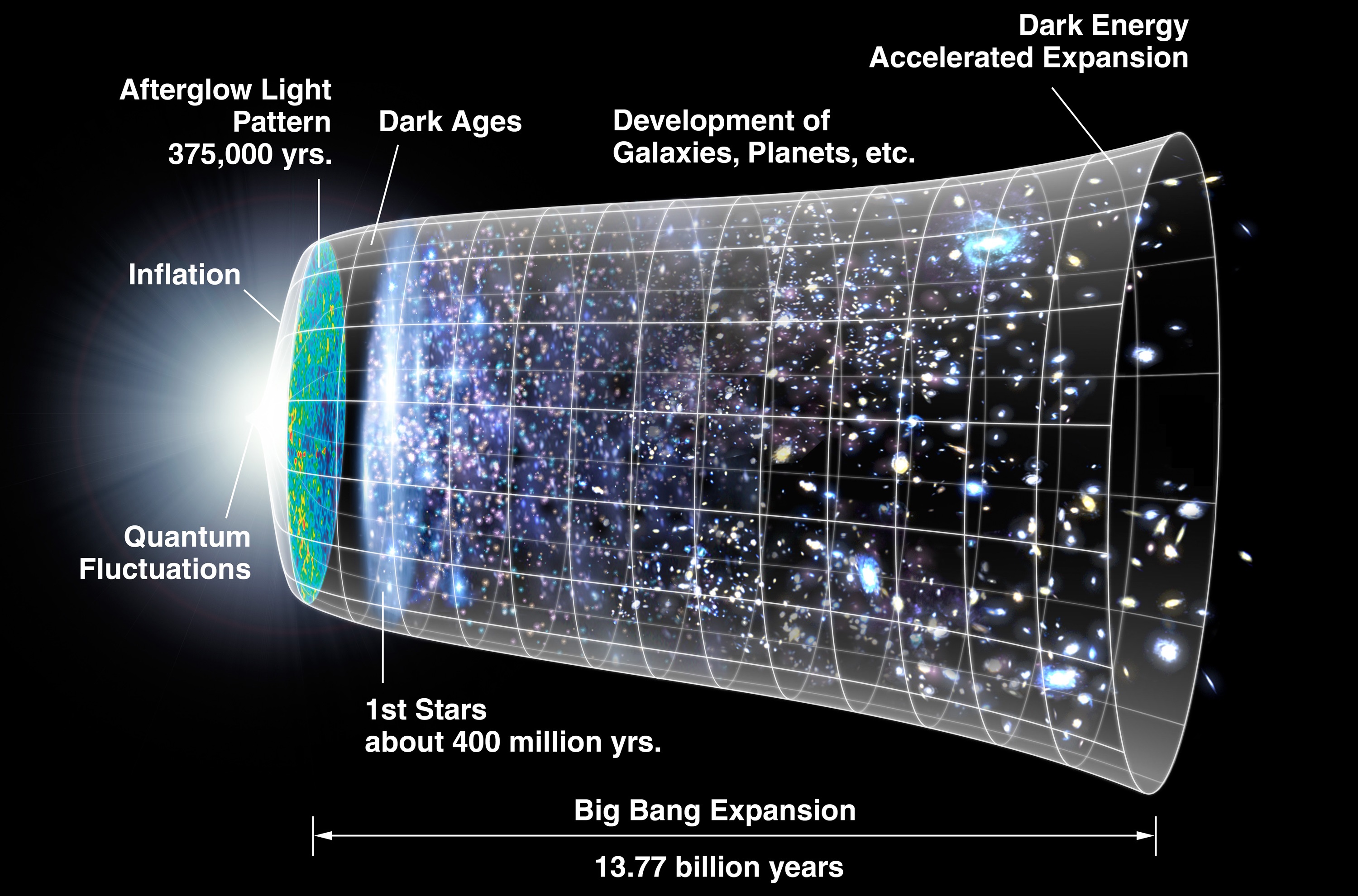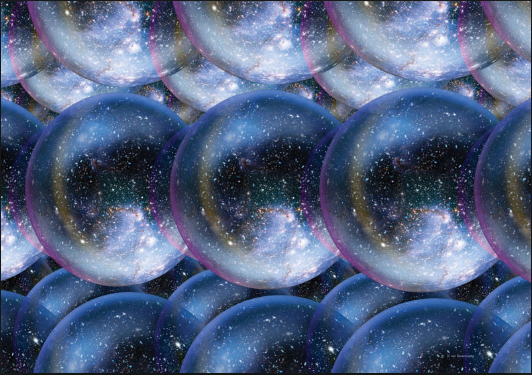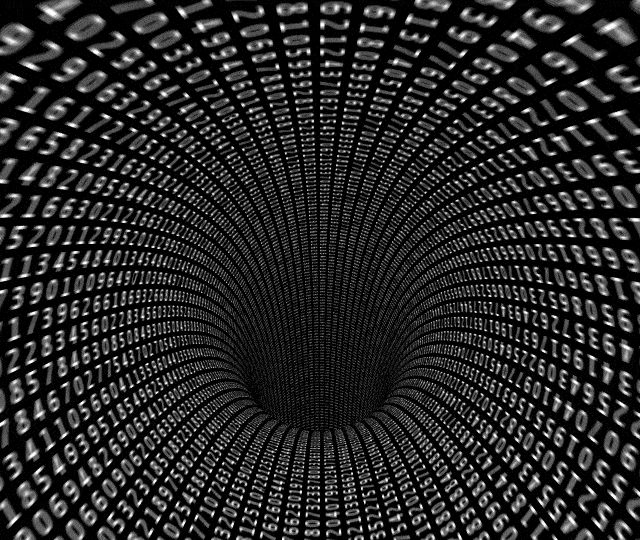
Space and time are the two first coordinates of existence, that is manifestation.
It is possible to conceive a being that does not exist in space and time, a being that is by essence but not in existence.
In Exodus 3, 14, הָֽאֱלֹהִ֗ים responds to Moses’ question regarding His name:
I AM that I AM
(Other versions read I AM WHO I AM, or even, as the Orthodox Study Bible, I AM the Existing One.)
But creation is rooted in space and time. Space, in particular seems to be a sine qua non precondition to the formation of the worlds. Tzimtzum.
In Timaeus, Plato accounts for the space as a substractum, as a necessary part of the structure of the orderly universe – the kosmos. As the demiurge, the Craftsman of our universe, is crafting an image of the eternal model (called “the Living Thing”) he needs a field where to form it. This field, that will contain visible and tangible, i.e., solid objects, is called a receptacle or space.
To Aristotle space and time are also categories or principles of being (universal substance being in a class of its own, not necessarily so different from Plato’s ideas, which are part of the Living Thing). In his Physics, Aristotle further dwells on the nature of space, which is still a traditional one, related to natural places to where objects tend. It is not until Euclid that space is considered as a neutral set of coordinates in which objects are contained.
There is a question of which one is more primordial: space or time. On one hand, space seems to be the condition for manifestation, for without it no matter, no objects, no worlds are possible. Time itself seems to be a consequence of space. Although the question goes well beyond the power of human reason, one can claim that time is the consequence of the movement of bodies in space: one day is the rotation of the Earth, one week the movement of the Moon around the Earth, one year the revolution of the Earth around the sun, and one light year is even a distance.
Another way to think though, is that everything happens in time but not everything is contained in space. Our thoughts, all of our interior life, this cannot escape time, but it certainly happens beyond space and leaves no trace in it, except in what actions may or may not result from previous thought processes. It will be the actions that happen in space and not the thoughts. Nor can we accept that our interior life does happen in space because somehow it is contained in electrical impulses in the brain: consciouness is something other and fundamentally anew from discrete brain activity.
Also, if we believe that a primordial explosion, a big bang, happened before anything was, then time starts then, in a more thoroughgoing way than space, because space was starting to form.

Again, these are extremely complex questions to wrap our minds around, even if we only scratch the surface. One interesting formulation of this problem is the scholastic question regarding the eternity of the world, which according to Aquinas is unsolvable from the merely rational perspective.

Bergson was perhaps the philosopher who better problematized the relation between space and time in terms of how we think. Bergson was a french philosopher who lived at the same time as Einstein. In fact they met and even debated. For Bergson space charactherized the outwards world, as time, duration, is the essence of human experience.
At that same time, Einstein was submitting that that gravity (thus mass) could affect space and time and that time was in fact a forth dimension of space.
Furthering his ideas, Einstein’s disciples arrived to what is now the predominant scientific belief: the underlying fabric of the universe is a spacetime continuum.

There are important philosophical and moral consequences to the spacetime continuum theory and/or to the interpretation it is sometimes given to it. One of the implications seems to be that all events of the universe, present, past and future, are inside this container – in actuallity. This vision defies the laws of logics as we know them, laws that seem to be unbreakable (even if quantum physics has put the universal value of principles such as the law of identity or non-Contradiction into question).
But even more than questions of logic, that need to be left aside for now, as the theme is complex enough as it is, the big issue here is: what happens to free will? Is everything predetermined? This is when philosophy is called upon.

Relativity and quantum physics seem to have desintegrated the world we knew to a large extent, in two contradicting directions. On one hand, we are told that physycs alone, matter ultimately, determines reality, including our so perceived – but illusory – free will. Everything is contained in the spacetime continuum and therefore everything is necessary. On the other hand we are told that nothing really is predicable, for quanta particles can behave in fundamentally different ways and are affected by observation and that parallel universes can exist as a result thereof.

What I am about to say obviously lacks further philosophical and argumentative support, but to me it is clear that there are differences between mathematical models and actual reality. There is a principle of reality that is sustained and sustainable and does not depend on the behaviour of one quantum. It is precisely the misconception of trying to firm reality in matter and matter alone, regardless of its size, that ultimately leads to conundrums and contradictions. To escape these, scientists, who are often ill prepared in philosophical terms, attempt to dissolving the sheer materiality of the universe (that makes it unexplainable) by creating concepts that are nothing more than reveries, chimeras that lead us to “wormholes”.

Great post 😁
LikeLike